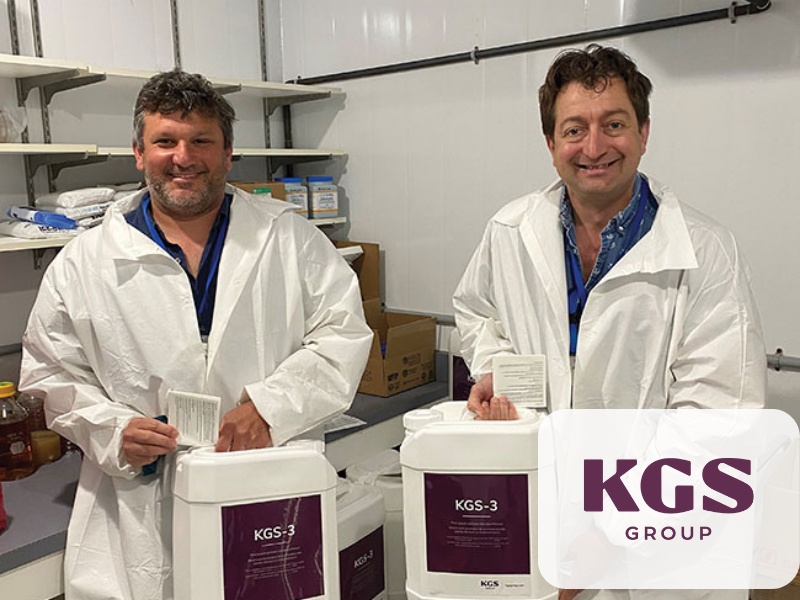Rising input costs, climate change effects and challenging production environments have researchers and industry exploring new alternatives for improving soil health and yields. One alternative solution may be bio-inoculants, natural micro-organisms applied to soil or plants to improve soil health.
Researchers in Manitoba have isolated naturally occurring soil organisms that support crop production and increased yields while enhancing phosphorus usage.
“We started some initial research work a few years ago trying to address strategies to help resolve the phosphorus (P) issue in Manitoba, with the leaching of excess P from soils into waterways and to Lake Winnipeg,” explains Stan Lozecznik, senior environmental engineer at KGS Group and adjunct professor at the University of Manitoba.
“We were trying to find a strategy to improve the transference and uptake of P by annual crops, an essential nutrient for crop production, to reduce the potential leaching off the field. We discovered a new soil organism unique to the Prairies that can successfully promote crop growth, increase yields and reduce fungal diseases in crops such as wheat, canola and potatoes. These organisms are natural to our ecosystem and biome in agriculture in Manitoba, Saskatchewan and Alberta, so we do not have to rely on introduced strains from outside locations.”
